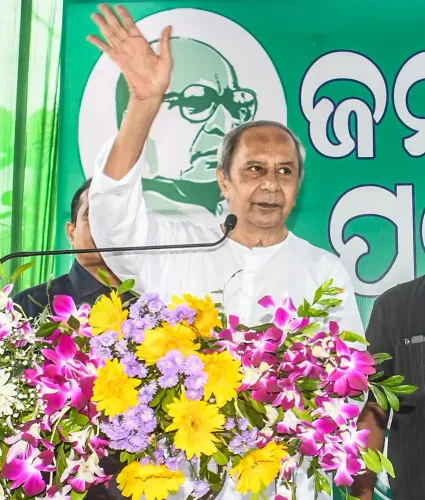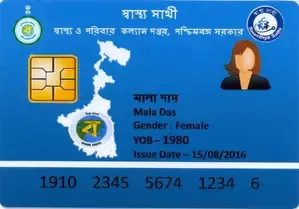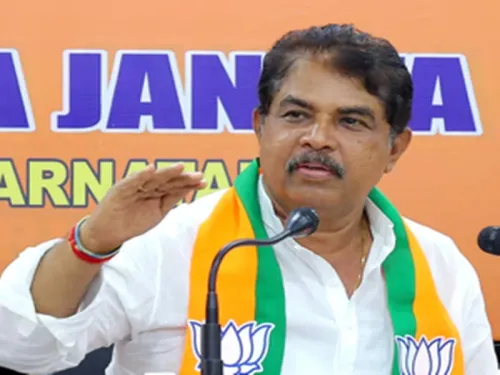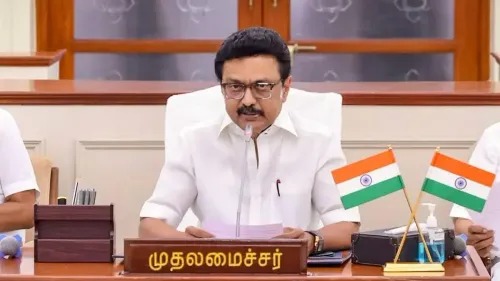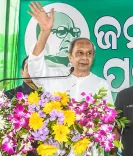RSS Leader Hints at PM Modi's Determination to Respond to Pahalgam Attack
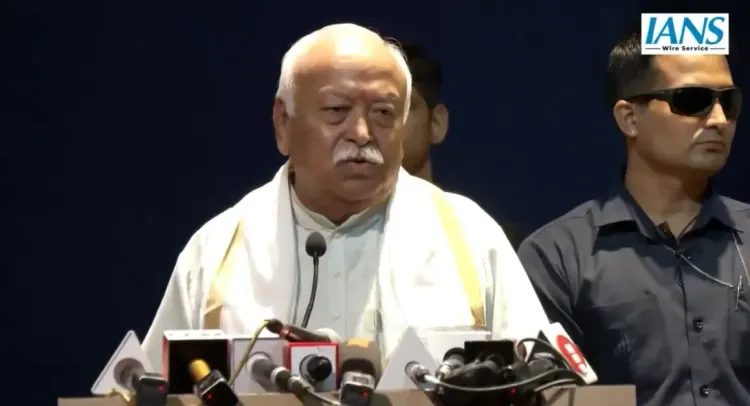
Synopsis
Key Takeaways
- RSS chief Mohan Bhagwat calls for a strong response to terrorism.
- He emphasizes the duty of a sovereign to protect its subjects.
- Bhagwat references scriptures to justify actions against evil.
- He mentions India's tradition of not troubling neighbors.
- Bhagwat highlights the need for reform and consequences.
New Delhi, April 26 (NationPress) Advocating for a decisive reaction to the Pahalgam terror assault, RSS chief Mohan Bhagwat on Saturday subtly indicated that while non-violence is ingrained in India's principles, it is also our responsibility to teach a lesson to those who cause harm.
During the launch of the book 'The Hindu Manifesto' at an event held at the Prime Minister's Museum, Bhagwat remarked that a sovereign has the duty to discipline malevolent individuals and safeguard their subjects.
“The sovereign must and shall fulfill their duty,” he stated, seemingly alluding to Prime Minister Narendra Modi’s determination to address the situation and respond to Pakistan in a manner that befits the Pahalgam terror assault, which resulted in 26 fatalities on April 22.
Bhagwat also referenced ancient scriptures and mythology to rationalize the elimination of evil by divine forces, asserting that imparting a lesson to a habitual offender does not equate to violence but is instead a religious obligation.
While not explicitly naming Pakistan, Bhagwat emphasized that India has a history of not disturbing its neighbors, yet it has limited avenues if someone commits a wrongdoing.
“Our tradition is to offer a chance for reform to an offender, including an adversary, without resorting to punishment. However, a sovereign has no recourse if the other party refuses to amend their behavior,” he remarked.
The Gita advocates for non-violence, but during the Mahabharata, Lord Krishna advised Arjun to take up arms against evil-doers, thereby justifying the necessity for force under exceptional circumstances.
Earlier, he had noted that terrorists targeted individuals in Pahalgam based on their religion, asserting that Hindus would never engage in such actions.
“We anticipate a strong response,” he mentioned at a public gathering shortly after the tragic incident in Jammu and Kashmir.
The book presented by Bhagwat is authored by Vishwa Hindu Congress founder Swami Vijnanananda.
This work offers a transformative perspective on prosperity, governance, and justice in contemporary times, rooted in the principles of Dharma, the timeless wisdom found in ancient Hindu texts such as the Vedas, Ramayana, Mahabharata, Arthashastra, and Shukranitisara.

